
UBC CARDIOLOGY RESIDENCY PROGRAM OVERVIEW
The Cardiology Program at UBC is the second largest Cardiology training program in Canada, and takes in 6-7 residents annually for a total of 18-19 residents. A combination of enthusiastic residents, a committed Program Director, a wide range of clinical material and world-renowned faculty have resulted in an enviable clinical teaching program. UBC’s Cardiology Training Program is fully accredited by the Royal College of Canada and has fully embraced the Royal College Competency By Design philosophy.
Residents are exposed to a wide variety of clinical material including exposure to cutting edge cardiovascular diagnostic and therapeutic techniques. Residents have a chance to work closely with our faculty, many of whom are national and international thought leaders in their respective fields; UBC cardiologists chair several CCS Guidelines including Atrial fibrillation, ST elevation myocardial infarction, Heart failure, Women’s cardiovascular health, Rhythm Device therapy, Sports Cardiology and Neuroprognostication post cardiac arrest. Our Faculty also participate in the resident’s academic half day and journal club, allowing even greater opportunities for them to interact with our residents.
During their clinical rotations residents are given the opportunity to participate in specialized tertiary level clinics such as Heart Function Clinic, Atrial Fibrillation, STAT Cardiology, Cardio-oncology, Sarcoid, HCM, congenital heart disease, sports cardiology, pulmonary hypertension, women and heart disease, SCAD, and many more. UBC offers a unique Longitudinal Clinic in order to help develop their consultative and office management skills in an outpatient setting; each resident is paired with a clinical supervisor during their three years of training. The resident becomes the primary cardiologist for new consults, whom they then follow clinically during their three years of training.
As a large teaching centre, UBC’s teaching hospitals include Saint Paul’s Hospital (SPH), Vancouver General Hospital (VGH), Royal Jubilee Hospital (Victoria), Surrey Memorial Hospital, and Royal Columbian Hospital. The two academic cardiac intensive care units (CICUs) at Saint Paul’s Hospital and Vancouver General Hospital provide a wide exposure to acute cardiac pathology; both units are capable of admitting fully ventilated patients and are capable of supporting intraaortic balloon pump counterpulsation and temporary pacing.
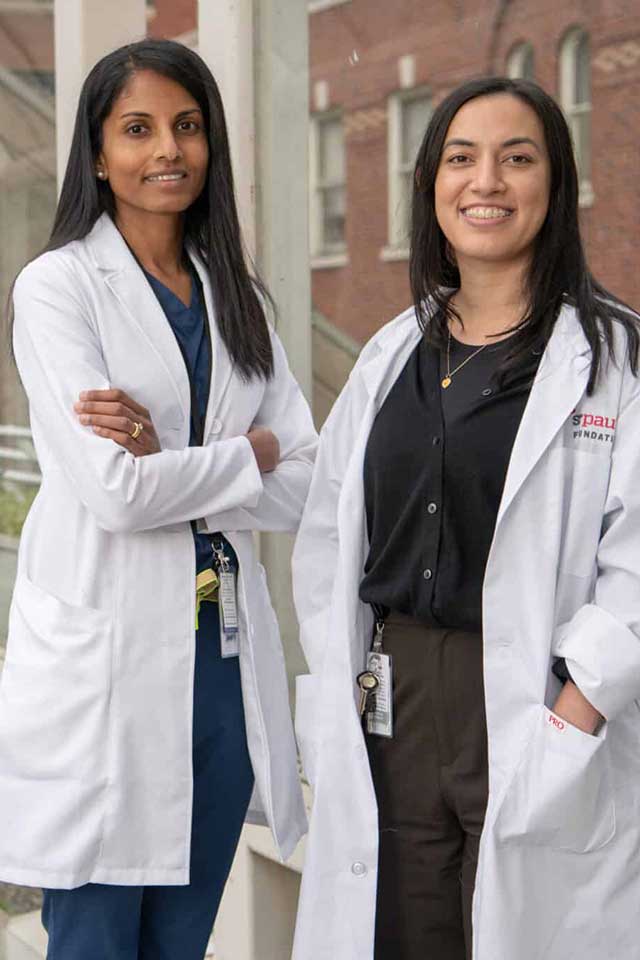
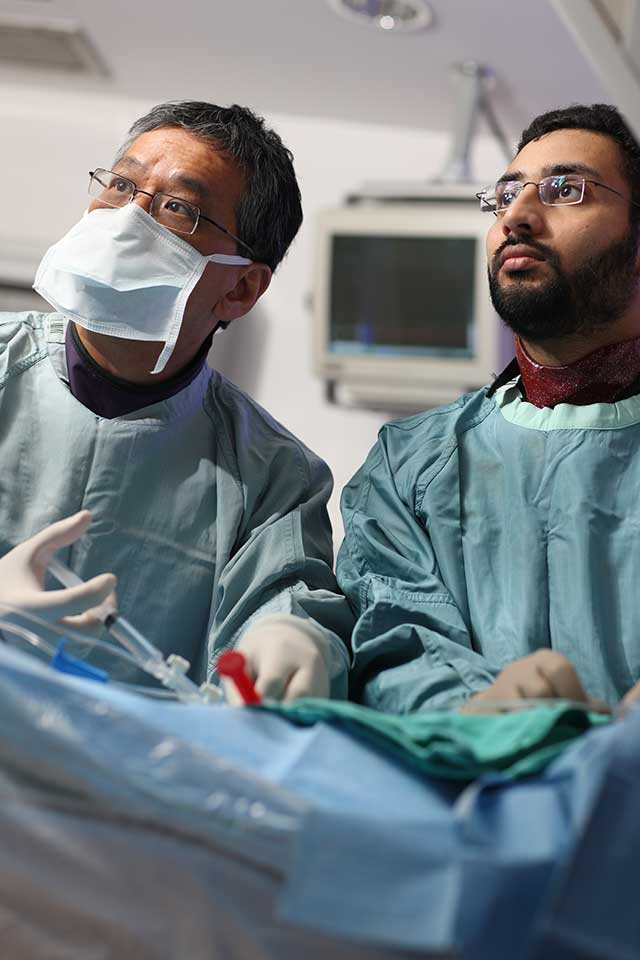
Cardiac residents work under the principle of graded supervision under the CICU attending. Saint Paul’s Hospital is also home to one of the largest cardiac transplantation programs in the country and is the Provincial centre for advanced heart failure, adult congenital heart disease and maternal cardiovascular medicine. Vancouver General Hospital is the site for the Provincial Centre for aortic disease and has a unique collaboration with Radiology for advanced cardiac imaging. Rotations and clinical cardiology utilize the two downtown hospitals, the Royal Columbia Hospital, Surrey Memorial Hospital and the Royal Jubilee Hospital in Victoria. The Royal Columbian Hospital also is the site for the advanced cardiac intensive care rotation and one of the two EP rotations utillize the expertise at the Royal Jubilee Hospital.
NATIONAL AND INTERNATIONALLY RECOGNIZED
UBC is home to several national and internationally recognized subspecialty clinical programs. UBC provides national leadership in the areas of cardiac arrest, valvular heart disease, structural heart disease, heart failure, atrial fibrillation, sports cardiology, women’s cardiovascular health, and acute coronary syndromes especially ST elevation myocardial infarction. The UBC Interventional program participates in the largest regional STEMI program in the country of which there is a large robust clinical research database. UBC also is an internationally recognized leader in transcatheter valvular and structural interventions; many “first in man” devices are first trialed at UBC. The UBC echocardiogram lab is a high-volume program that is nationally recognized for its leadership in artificial intelligence and valvular/structural heart disease. The UBC Electrophysiology program has three Faculty who chair national guidelines (Atrial fibrillation, rhythm control devices and Ventricular Tachycardia.
UNIQUE UBC ROTATIONS
In addition to these large standard rotations, the training program at UBC offers several unique rotations to its trainees:
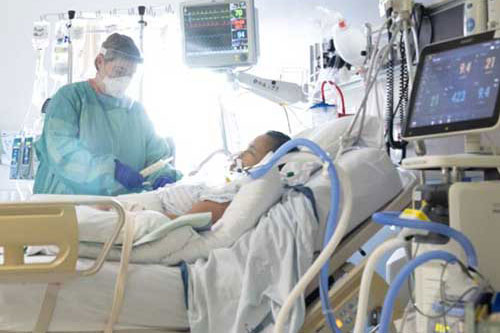
CRITICAL CARE ROTATION
A Critical Care Rotation that allows resident exposure to mechanical assist devices such as extracorporeal membranous oxygenation, renal replacement therapy and mechanical ventilation.
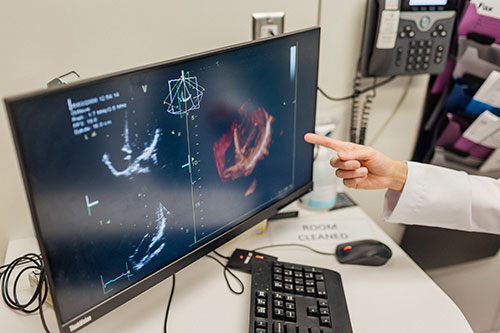
GRAPHICS ROTATION
A dedicated Graphics Rotation that provides high volume supervised access to stress tests and ECG and Holter monitor interpretation.
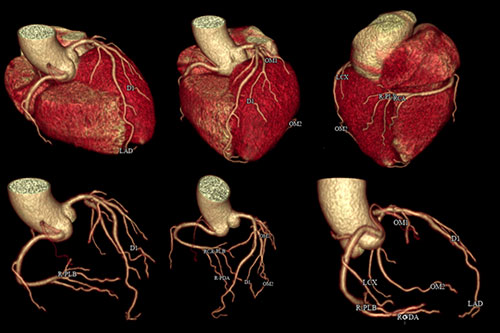
CARDIAC IMAGING ROTATION
A 2 month Cardiac Imaging rotation that provides exposure to nuclear perfusion scanning, cardiac MRI, cardiac CTA and coronary calcium scanning, cardiac positron emission tomography, pyrophosphate cardiac amyloid scanning and blood pool nuclear ventriculography.

YUKON AND NOTHERN BC
Residents are given the opportunity to accompany Faculty to remote areas in the province to help served underservice populations (the Yukon and Northern BC)
From an educational perspective the UBC Program offers a robust protected Academic Half day (AHD) every Thursday that occurs on a weekly basis. Topics follow the RCPSC areas of expertise and CanMEDS teaching. Annual simulation sessions for procedural and team skills, ethics and communication sessions, and research statistics are also taught. The AHD is led by both local and national cardiovascular specialists as well as visiting Distinguished Speakers. The Program \participates in the CCS National Boot Camp for incoming C1s and there is an extended comprehensive boot camp in July and August for all residents to help prepare them for the upcoming academic year. The program also offers several mock exams including regular mock OSCEs to prepare the the residents. for their final exams. In addition to their formal AHD, the program also offers evening events that provide an opportunity to socialize with colleagues in a multitude of top-notch Vancouver establishments. Residents are invited to UBC journal clubs, meeting updates (ACC, AHA, ESC), and Law and Medicine sessions. Finally the Program allows for ample protected time ahead of the Royal College cardiology exams in the spring of their final year to ensure that residents are well rested and prepared for their final examinations
UBC is a leading centre for innovation in clinical cardiology and basic and translational research. The Division of Cardiology has been successful in attracting over $10 million in external grants to sustain its research endeavours and is one of the most productive academic cardiovascular Divisions in the country. The new UBC Centre for Cardiovascular Innovation (CCI) is a multi0million dollar academic research organization (ARO) that coordinates basic science and clinical research for the Province and is the coordinating centre for multiple international randomized clinical trials. This highly specialized Centre also provides faculty and residents access to research expertise such as helping Grant writing, clinical trial design and biostatistical expertise.
The program offers up to 7 months (3 mandatory, 4 elective) of dedicated research time to the residents. Each resident is assigned a research mentor to ensure they are paired with an appropriate supervisor and undertake high quality research endeavors. Funding is provided for residents to travel to and attend both the Canadian Cardiology Congress and an international conference every year.

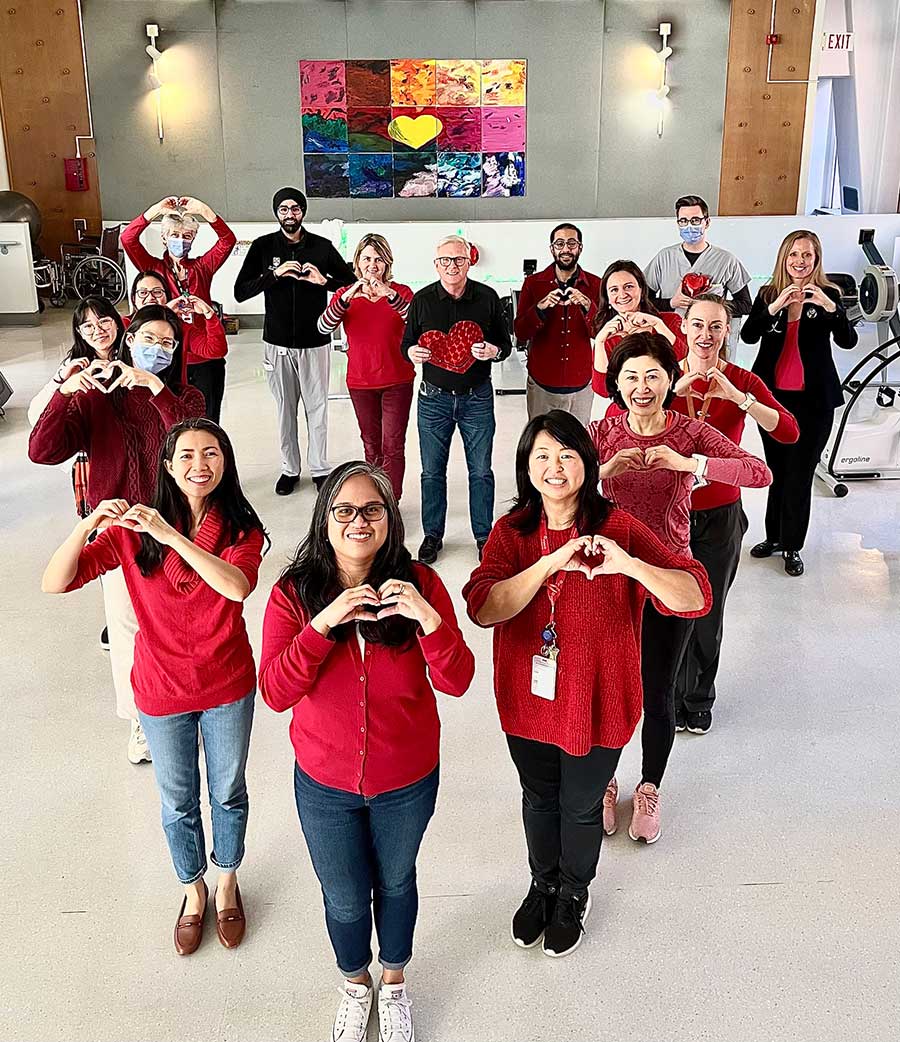
The program has been highly successful at matching residents to their subspecialty fellowship programs of their choice to prepare them for successful academic or community careers. Several of our residents have enrolled into Master’s programs in both Public health and Education in outstanding institutions in both the US and Canada while in the core program; eligibility for applicants from the Core program are decided on a case by case basis. The Program has enough flexibility to allow for the resident to pursue an external Master’s program if additional off site time is required.
The Program Director and Career Mentors from the Faculty actively assist our residents in choosing a career path and any required subspecialty training to allow them to find their ideal career.
The Program is dedicated to resident wellness as well as the principles of EDI. The RTC and Program Director are constantly are in touch with the residents to address any outstanding issues. The Program also created a new Ombudsperson role for an additional avenue for residents to provide anonymized feedback regarding any aspect of their training to Educational Leadership. We have an annual resident retreat at a restaurant in which all rotations and other aspects of the programs are discussed in the confidential manner to see if there are any areas that require improvement.
The Program has a robust post call policy, resident wellness policy and fatigue and stress management policy that as well enforced by all faculty. Residents have access to the resident wellness office through the UBC PGME office.
CONTACT
Elaine Yim
Senior Program Assistant
UBC Postgraduate Cardiology Program
Gordon & Leslie Diamond Health Care Centre
Vancouver General Hospital
2775 Laurel Street, Rm 9174 9th Floor Cardiology
Vancouver, BC V5Z 1M9
Tel: 604-875-5302
E-mail: elaine.yim@ubc.ca